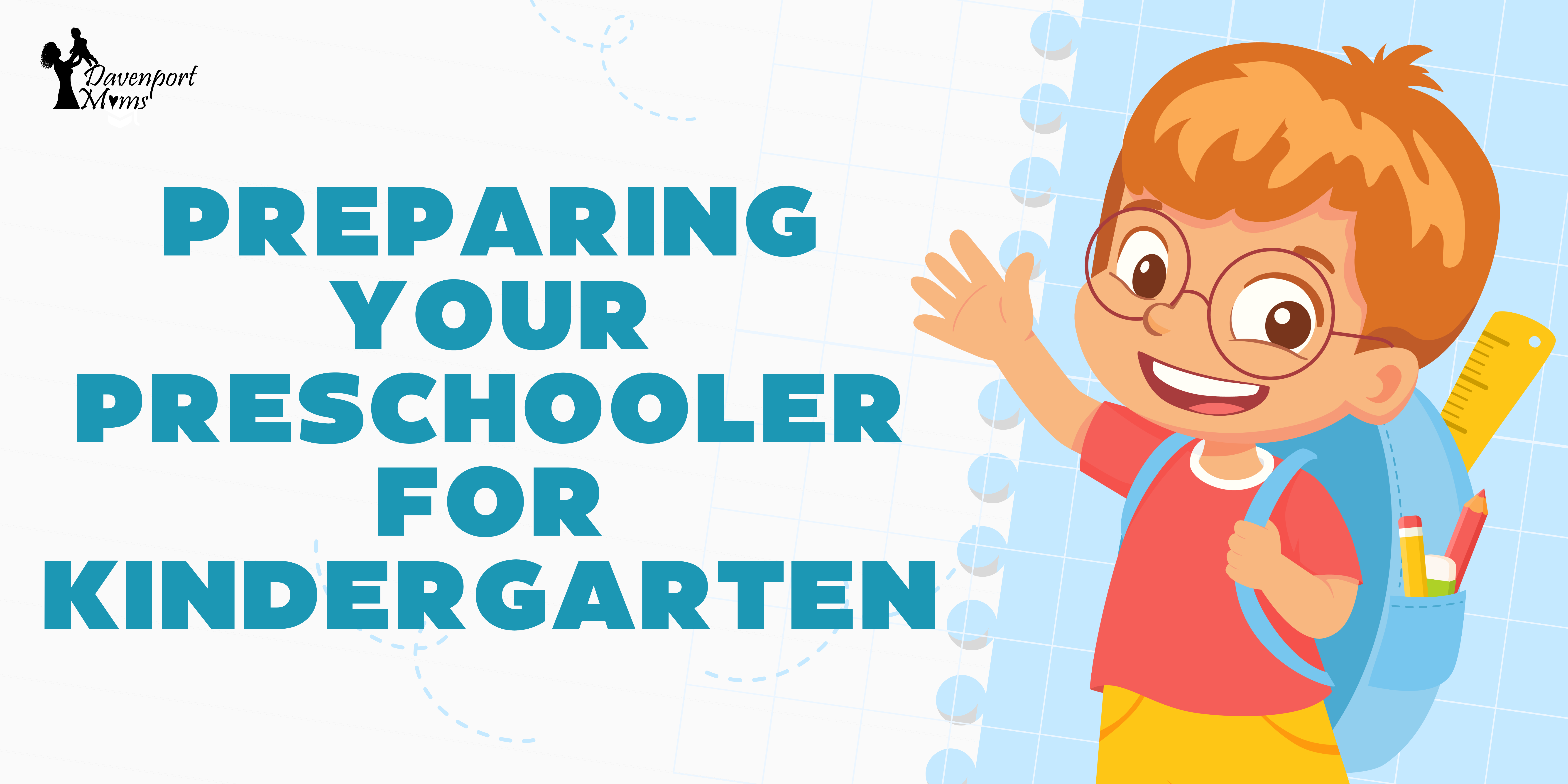Preparing Your Preschooler for Kindergarten
The transition from preschool to kindergarten is a significant milestone for both children and parents. It’s an exciting time filled with new experiences, but it can also bring about a mix of emotions, from excitement to anxiety. Preparing your preschooler for kindergarten can help ease this transition and set the stage for a successful start to their educational journey. Here are some tips to help your little one get ready for kindergarten.
1. Establish a Routine
Start establishing a daily routine that mimics the kindergarten schedule. This includes regular bedtimes, wake-up times, meal times, and designated periods for learning and play. A consistent routine helps your child adjust to the structure they will encounter in kindergarten.
2. Develop Independence Skills
Kindergarteners are expected to perform basic tasks independently. Encourage your child to practice skills such as dressing themselves, using the restroom, washing their hands, and opening their lunchbox. These small tasks build confidence and self-reliance.
3. Foster Social Skills
Help your child develop social skills by arranging playdates and encouraging interactions with other children. Teach them how to share, take turns, and express their feelings appropriately. These skills are crucial for building friendships and working collaboratively in a classroom setting.
4. Promote Early Literacy
Encourage a love for reading by reading to your child daily. Introduce them to a variety of books, including those with simple words and pictures. Point out letters and words in everyday contexts, like on signs or labels. You can also practice writing their name and recognizing letters of the alphabet.
5. Enhance Fine Motor Skills
Kindergarten activities often require fine motor skills such as cutting with scissors, coloring, and writing. Provide opportunities for your child to develop these skills through activities like drawing, playing with playdough, and using child-safe scissors.
6. Introduce Basic Math Concepts
Introduce basic math concepts through everyday activities. Count objects, sort items by size or color, and discuss shapes and patterns. Simple games and puzzles can also reinforce these concepts in a fun and engaging way.
7. Visit the School
If possible, visit the kindergarten classroom and meet the teacher before the school year begins. Familiarizing your child with the new environment can help reduce anxiety. Many schools offer orientation sessions or open houses for incoming students.
8. Discuss What to Expect
Talk to your child about what to expect in kindergarten. Explain the daily routine, such as morning circle time, recess, and lunchtime. Address any questions or concerns they may have and reassure them that it’s okay to feel nervous.
9. Encourage Curiosity and Learning
Foster a sense of curiosity and a love for learning by exploring new topics and activities together. Engage in hands-on projects, visit museums, and spend time outdoors. Encouraging a positive attitude towards learning will help your child approach kindergarten with enthusiasm.
10. Practice Separation
If your child has not spent much time away from you, start practicing short periods of separation. Enroll them in a short-term class or leave them with a trusted caregiver for a few hours. Gradually increasing the time spent apart can help ease separation anxiety when school starts.






